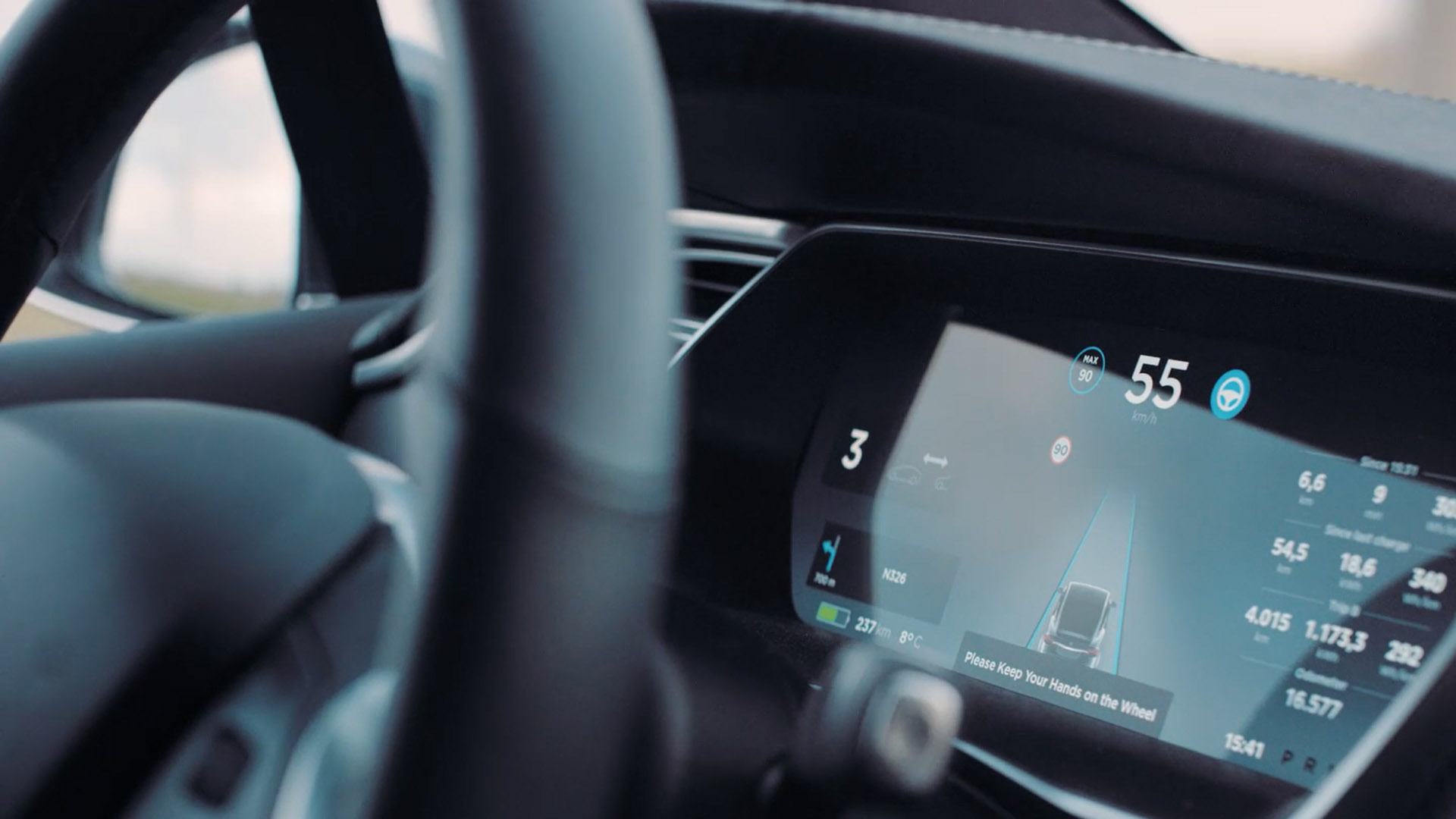

Tesla may soon face a new legal battle in its former home state of California thanks to a bill that directly targets the naming of its controversial Autopilot and Full Self-Driving (but not really) software suites.
This might sound like deja vu considering that the state’s Department of Motor Vehicles recently filed a complaint over Tesla’s allegedly misleading marketing tactics for the same software. However, this is a completely separate legal matter that could impact not only Tesla, but also any automaker that sells a vehicle with partially-automated software in the golden state.
First, the bill looks to squash the problem of autonowashing—that’s the practice of misrepresenting the true function of a driver assistance feature by inferring more advanced capability in its branding. The bill specifically calls out this practice and forbids automakers from branding or creating marketing materials for a partially automated stack with “language that implies or would otherwise lead a reasonable person to believe that the feature allows the vehicle to function as an autonomous vehicle.”
Next, it requires all automakers and dealerships to provide customers with a “distinct notice” that clearly outlines the functions and limitations of any partially automated feature. This notice is also to be given to customers at the time of delivery, or if an upgrade is purchased during ownership—for example, upgrading from standard Autopilot to Full Self-Driving for $15,000.
Tesla does warn drivers about the limitations of Autopilot and Full Self-Driving on its support website, however, that may not be enough. The automaker’s marketing of the feature—the subject of the DMV’s initial complaint—may have already caused the public to overestimate the capabilities of the features. In fact, Tesla even starts one of its own hands-off demonstration videos (published in 2016) with a disclaimer that the driver is “only there for legal reasons” and “is not doing anything.”
This sort of marketing and name play could be the reason that a 2018 study conducted by the AAA Foundation for Traffic Safety found that 40% of respondents incorrectly assumed that a vehicle is able to drive itself when equipped with a feature like Tesla AutoPilot, Nissan ProPilot, or Volvo Pilot Assist.
The bill doesn’t specifically call out Tesla by name, nor does it mention the Autopilot or Full Self-Driving features, but one could infer that the legislation is taking direct aim at these products specifically given the recent complaints by the DMV. It’s not immediately clear if Tesla (or any other automaker) would be permitted to continue selling and marketing its respective Level 2 ADAS software under the current branding in California if the bill is signed into law by Governor Gavin Newsom. Hopefully, Tesla doesn’t borrow a page from The Boring Company and simply rebrand the feature as “Not-Self-Driving“.
Regardless of this law’s passage, it’s going to be extremely difficult to unring the bell in this circumstance. Many consumers have a false interpretation of the limitations of Level 2 ADAS software and often believe that warnings are nothing more than legal nannies put in place for liability reasons. Other agencies are already working to rank ADAS systems based on their safeguards to keep a driver’s attention, though this doesn’t necessarily help to educate the general public on partial automation.
Got a tip or question for the author? Contact them directly: rob@thedrive.com